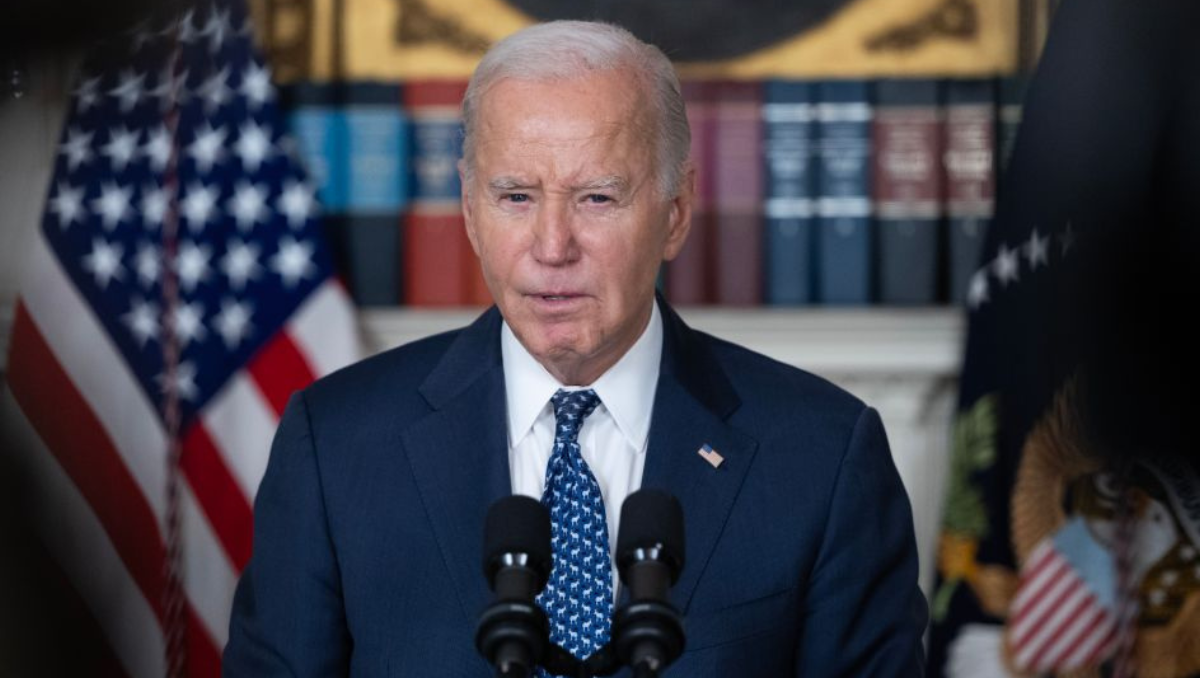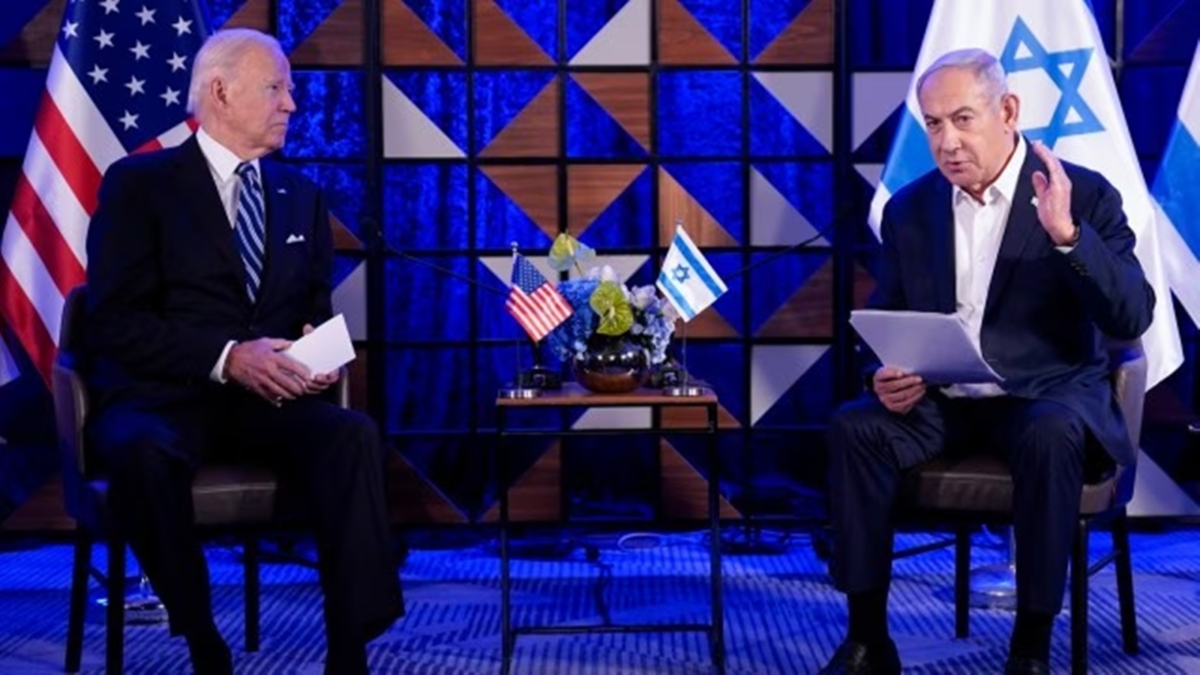The United States President Joe Biden informed Qatar’s Emir Tamim bin Hamad Al Thani on Monday that Israel is ready to move forward with the hostage-deal proposal it submitted last week and asked Doha to put pressure on Hamas to accept the offer, according to the White House.
The White House released a transcript of the call between the two leaders, stating that Biden “confirmed Israel’s willingness to move forward with the conditions that have now been offered to Hamas” and “urged the Emir to employ any necessary means to assure Hamas’ acceptance of the deal’’. It was unclear if Biden was referring to Israel’s increased willingness to make a deal.
US Intervention
Regarding the president’s direction to Qatar, it seemed to be among the most extensive public appeals the United States has made to the country thus far, considering that Doha is the host of numerous political leaders of Hamas. According to a US official, US Secretary of State Antony Blinken privately advised Qatari Prime Minister Mohammed Al-Thani in April that Doha ought to deport Hamas officials should they persist in rejecting overtures for a hostage solution.
According to the sources, Washington is trying to balance its desire to force Hamas to accept a hostage deal with its fear that the terrorist organization may relocate to a nation less beholden to Washington’s interests. After a speech on Friday in which he announced what he described as an Israeli proposal for a phased release of hostages and a ceasefire deal, Biden called the emir of Qatar. This move caused a stir in the government, with far-right parties threatening to topple the coalition if Netanyahu moves forward with the proposal.

The US president outlined some of the proposal’s main points in detail and urged Israel to “stand behind it” in addition to Hamas accepting it. In a six-week first phase, the agreement would see the release of the last remaining female, aged, and ailing captives abducted during the October 7 attacks, commanded by Hamas.
Although his office stated in a statement on Friday night that the phased proposal would meet Israel’s objectives, including the return of the hostages and “the neutralisation of Hamas’ military and governance capabilities,” Prime Minister Benjamin Netanyahu has not openly endorsed the main points in the cease-fire proposal Biden laid out. The prime minister’s office, however, issued a new statement on Saturday stating that its demands for the conclusion of the conflict remain the same.
Israel not Convinced
On Sunday, a senior aide to Israeli Prime Minister Benjamin Netanyahu stated that although his office had accepted its concept, it was “not a good deal.” The war cabinet approved its parameters, according to Israeli media.
A major issue that has not been addressed by the most recent cease-fire proposal is who would rule the enclave after the planned Israeli military exit, which aggravated the apparent disagreements between the US and Israel regarding end-state objectives in Gaza.
In separate discussions on Sunday, Secretary of State Antony Blinken pressed for the agreement with members of the Israeli military cabinet, including opposition lawmaker Benny Gantz and Defence Minister Yoav Gallant.
As Israeli forces advance farther into Rafah, the southernmost city in Gaza, where over a million Palestinians fled in since Israel launched its offensive there almost a month ago, the United States is making yet another effort to broker a cease-fire. The Ministry of Health in the enclave controlled by Hamas said that the number of Palestinian deaths on Monday exceeded 36,000. Although the Israeli military’s ground push into Rafah is still limited, Pentagon officials say they are keeping an eye on the situation to make sure it stays within the boundaries set by the Biden administration.
Although Biden has promised never to stop providing Israel with defensive weaponry, such the US-made Iron Dome interceptor missiles, his administration has halted scheduled supplies of some offensive weapons that the Israeli military may employ in the event that it conducts “a major ground operation” in Rafah. The warning emphasized Washington’s pressure on Israeli leaders to achieve Israeli strategic goals against its foes backed by Iran by relying less on overt military action and more on special operations paired with US-backed diplomacy.




